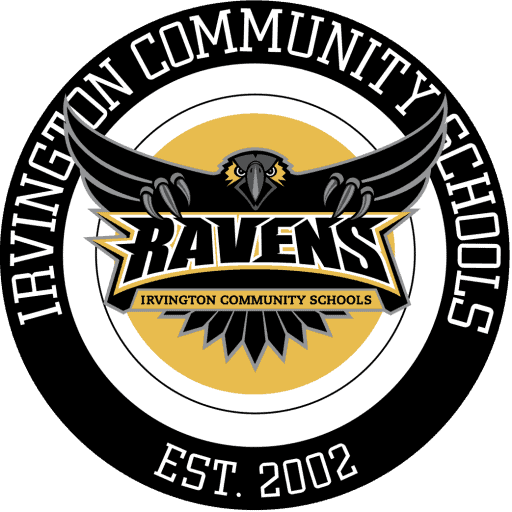The ICS approach to teaching and learning is standards-based and student-centered. To achieve this, we believe in “Maslow before Bloom”; i.e., children’s Hierarchy of Needs must be addressed before the Taxonomy of Education or process of learning can effectively take place. We maintain that students must feel safe, comfortable, and connected before they are able to engage in successful learning experiences. As adults-in-the-making, students must be affirmed in their development and be encouraged to continue building strong working relationships with peers and caring adults. This then allows them to become engaged learners and experience meaningful connection with their teachers, classmates, and greater school community.
The ICS K-12 curriculum focuses on what students need to know, not what the textbook says comes next. Of course, we do make use of curriculum materials common to traditional K-12 classrooms. Yet our teachers have the freedom to select the most suitable learning materials to meet their students’ needs. We use various assessments, both formal and informal, to drive instruction and adjust accordingly. Assessments tell us whether students have mastered critical learning concepts, and where we should go next in either reteaching or enriching. This performance information is also used to provide differentiated instruction through small groups, cluster-grouped classrooms, pull-out services, and a full Multi-Tiered Support System (MTSS) process. Worth noting, all learning from grade to grade, K-12, is scaffolded so that students are fully prepared for their next year of learning.
Clearly, all human beings learn through trial and error. Thus, ICS views mistakes as opportunities for growth and not as failure. All ICS teachers, support staff, and administrators believe that every child is capable of learning and attaining educational goals through his/her perseverance and guidance from those same caring adults. It is our calling and ultimate responsibility to cultivate our students’ natural intellectual curiosity and ensure their educational growth. And we do so with insight, respect, and gratitude.
